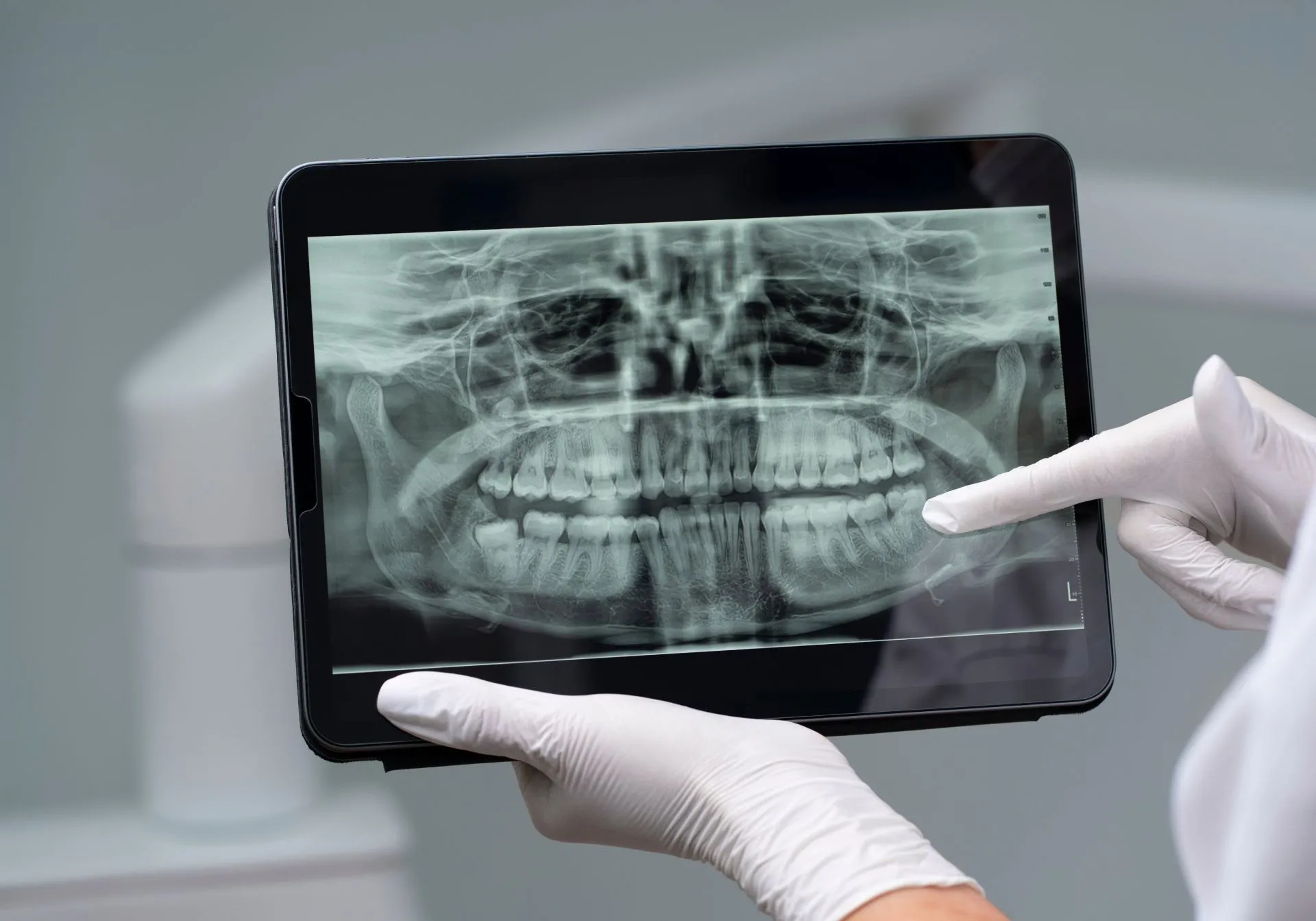Orthodontic emergencies can happen when you least expect them—during dinner, after school, or even right before a big event. Whether it’s a broken bracket, a poking wire, or lost aligners, knowing where to turn for emergency orthodontic care in Atlanta can save you pain, time, and stress.
In this guide, we’ll walk you through what qualifies as an orthodontic emergency, how to handle common issues at home, and where to find fast, reliable care in Atlanta when you need it most.
What Counts as an Orthodontic Emergency?
While most orthodontic problems aren’t life-threatening, some situations require quick attention to avoid pain or delays in treatment.
Here are examples of orthodontic issues that may need urgent care:
- Broken brackets or wires — Especially if they’re causing discomfort or affecting tooth movement
- Poking wire — Can irritate cheeks or gums
- Loose bands or appliances — May interfere with progress
- Lost or cracked aligners — Can delay treatment and affect tracking
- Pain or swelling — Could indicate infection or tissue irritation
- Trauma to the mouth — After a fall, accident, or sports injury
- Lost retainers — Important for post-treatment stability
If you’re unsure whether something is urgent, it’s better to contact an orthodontic office than to wait and risk further complications.
How to Manage Common Orthodontic Issues at Home
While you wait for your appointment, there are some temporary steps you can take to ease discomfort or prevent further damage.
- Poking wire — Use orthodontic wax to cover the end and prevent irritation. If it’s sharp, try gently bending it back with a clean pencil eraser.
- Broken bracket — Leave it in place if possible and avoid hard or sticky foods. If it’s sliding, use orthodontic wax to keep it steady.
- Loose appliance — Don’t attempt to fix it yourself. Call your orthodontist and avoid eating anything that might make it worse.
- Lost aligner — Move to the next set if you’re close to switching, or wear the previous set to prevent tooth movement. Contact your provider for next steps.
- Mouth injury — Rinse with warm salt water and apply a cold compress. If you’ve chipped a tooth or are bleeding heavily, go to a dentist or urgent care.
These tips are only temporary solutions. Be sure to schedule a professional visit as soon as possible for proper care.
How Fast Should You Seek Help?
Not every issue requires same-day treatment, but some should be addressed within 24–48 hours to avoid setbacks in your treatment plan. Here’s a quick guide:
Immediate help recommended:
- Wire poking painfully into soft tissue
- Appliance detached or causing injury
- Swelling or signs of infection
Next-day appointment acceptable:
- Broken bracket not causing pain
- Lost aligners or retainers
- General discomfort from shifting or tightness
Wait and monitor (but call for advice):
- Minor irritation
- Soreness after a new adjustment
- Small aligner cracks (if still wearable)
When in doubt, a quick phone call to your orthodontic provider can help determine the best course of action.
Where to Get Emergency Orthodontic Help in Atlanta
Atlanta is home to many skilled orthodontic offices that offer emergency care—either during normal business hours or through on-call systems for after-hours support.
What to look for in an emergency orthodontic provider:
- Same-day appointments or flexible scheduling
- On-call support or virtual triage
- Clear guidance for home care
- Experience with both braces and Invisalign emergencies
- A central or convenient location near you in Atlanta
To avoid scrambling in a moment of stress, it’s a good idea to choose a trusted orthodontist ahead of time—especially one who includes emergency care in their service model.
Can You Go to a Regular Dentist for an Orthodontic Emergency?
In some cases—such as injuries to teeth or gums—a general dentist or even an urgent care dental clinic may be your first stop. They can treat broken teeth, infections, or trauma-related issues.
However, for bracket repairs, aligner replacements, or appliance issues, you’ll want to see a trained orthodontist. They’ll be better equipped to assess your treatment progress and make the right adjustments.
How to Avoid Orthodontic Emergencies
While not all issues can be prevented, many common problems are avoidable with the right care and habits.
Tips to reduce your risk:
- Avoid hard, sticky, or crunchy foods — These can damage brackets or wires
- Wear a mouthguard during sports — Protects against impact and injuries
- Follow aligner instructions — Keep them in their case when not worn
- Maintain good oral hygiene — Reduces inflammation and infection risk
- Attend all scheduled check-ups — Catch problems early before they escalate
A little prevention goes a long way in protecting your smile and staying on track.
What to Ask During an Emergency Orthodontic Visit
When you see an orthodontist for an urgent issue, be prepared with questions such as:
- Will this delay my treatment timeline?
- Is additional repair needed later?
- What should I do if this happens again?
- Can I continue with my current aligners or appliances?
- Will there be extra costs for emergency care?
Getting answers can help ease your concerns and ensure you’re confident moving forward with treatment.
Need Emergency Orthodontic Help in Atlanta? Don’t Wait—Call Today
Whether you’re dealing with a painful wire or a lost aligner, getting the help you need quickly can keep your treatment on track and your smile protected.
Contact Artemis Smiles Orthodontics in Atlanta, GA for fast, compassionate emergency orthodontic care. Our team is here to support you—when and where it matters most.

